Everyone is currently obsessed with Artificial Intelligence and with good reason! The development of AI represents a massive step in the history of human innovation. It’s the science fiction life that we’ve all read in books or seen in movies, but it’s playing out right in front of us.
Robots aren’t making our lives easier and more comfortable just yet, but we’re slowly getting there.
That being said, there are many layers to developing Artificial Intelligence. Two buzzwords in that respect are Machine Learning (ML) and Deep Learning (DL), a couple of concepts that are defining the path for AI.
As a budding developer, you might find yourself thinking, whether it’s better to learn machine learning or extend your expertise with mastery in deep learning?
Let’s take a look at both these concepts & how they differ from each other, and which one might just prove to be the game-changer in your professional career.
What is Machine Learning?

In 1959, Arthur Samuel, one of the pioneers of machine learning, first coined the term machine learning. He defined it as a “field of study that gives computers the ability to learn without being explicitly programmed.”[Source: Skymind]
Machine Learning is a subset of Artificial Intelligence, although it is important to note that all AI is not based on Machine Learning. Through ML, programs can intuitively behave outside the parameters of their source code, in other words, they can independently learn, analyze and predict based on the data that has been fed to them.
There are several approaches to Machine Learning such as supervised, unsupervised, and reinforcement learning. There are also multiple processes and techniques that are used to fine-tune the ML algorithms.
We can see examples of Machine Learning at work all around us. It has become a prevalent tool in marketing, wherein any site that supports advertising uses the predictive capabilities of their ML algorithm to ‘suggest’ products that you as a consumer are more likely to buy. This is based on your previous browsing history and whatever other personal data that they’ve collected about you.
Another prime example is Uber, where they use ML algorithms to predict everything from the expected time to reach your location to the exact distance of the cab.
You may also like to read: What is Machine Learning?
What is Deep Learning?
Deep Learning is a subset of Machine Learning that utilizes algorithms based on learning data representations, rather than task-specific algorithms. The way deep learning networks work is inspired by the information processing capabilities of biological nervous systems.
We can define deep learning as learning from a hierarchy of concepts. Deep learning algorithms are usually fed multiple layers of information which they categorically process according to their level.
The importance of deep learning in AI development is most succinctly described by Andrew NG, Adjunct Professor at Standford University and one of the co-founders of Google Brain.
“I think AI is akin to building a rocket ship. You need a huge engine and a lot of fuel. If you have a large engine and a tiny amount of fuel, you won’t make it to orbit. If you have a tiny engine and a ton of fuel, you can’t even lift off. To build a rocket you need a huge engine and a lot of fuel. The analogy to deep learning [one of the key processes in creating artificial intelligence] is that the rocket engine is the deep learning model and the fuel is the huge amounts of data we can feed to these algorithms.”
There are several examples of deep learning already being put to use in our day-to-day activities. From image and voice recognition to natural language processing (NLP), deep learning is at the core of several great strides being taken in the field of AI.
You may also like to read: Fundamentals Concepts of Neural Networks & Deep Learning
So… What’s the Difference?
Now that we’ve explained what both these concepts are, let’s get down to highlighting where knowledge of one holds an advantage over expertise in the other field.
As compared to the other methods of ML, Deep Learning is at an advantageous position right now because of another huge advancement in technology – Big Data.
Earlier, data gathering was a problem and this put Deep Learning in a weak position. The algorithms required a high volume of data in order to work efficiently, something which was not easily available. However, with Big Data swarming the internet floodgates and capturing every aspect of our lives, deep learning now represents the perfect tool to derive meaningful insights and actions from high volumes of data.
The sheer volume of data that is being collected by disparate systems is immense. It provides enough fuel for the Deep Learning engine to outperform any other methods of Machine Learning in terms of accuracy and speed.
Another advantage of Deep Learning is that it requires lesser domain knowledge as compared to the other forms of ML. Other methods of Machine Learning require a domain expert to define the features that need to be identified so that the program can easily sift through the data.
Through an incremental approach to learning, DL algorithms can try to learn high-level features from the data available without reliance on a domain expert to define each and every feature.

One of the main drawbacks of DL is that a DL program requires much more time to train than other ML techniques. Training for other ML programs are more straightforward, given their preset feature based functioning. However, DL training is much more time consuming as the program has to be taught how to differentiate data through different parameters at a number of different levels.
Another disadvantage that developers using DL techniques often face is that it requires some heavy-duty infrastructure for training. Since Deep Learning is computationally intense, one requires a powerful machine in order to run the program. Today, Graphics Processing Units (GPU) have also become almost essential to running any DL algorithm.
In simple terms, the difference between Deep Learning and other techniques of Machine Learning can be summarized as follows-
- Deep Learning is more hardware intensive
- DL provides highly accurate results but takes much longer to train
- Deep Learning is perfect for dealing with high volumes of unstructured data
- DL does not require a domain expert to specify each and every function
You may like to read in more detail: Machine Learning vs Deep learning- What Is the Difference?
Should You Learn Machine Learning or Deep Learning?
In the present day, Deep Learning represents the cutting-edge. When you think of digital disruption today, you think of facial recognition, natural language processing and speech recognition. This has been made an everyday phenomena by the likes of Siri and Alexa, the respective nascent AI offerings of global behemoths Google and Amazon.
As a commonly used technique for Machine Learning, Deep Learning comes out with flying colours when compared to other prevalent methods. It seems to hold the key to unlocking the full capabilities of intuitive AI that can operate on unstructured data. If you want a career at the forefront of the development of artificial intelligence, then a career in Deep Learning can hold you in very good stead.
However, learning Machine Learning as a subject also has its benefits. There is a huge demand for machine learning experts across multiple industries such as Agriculture, Financial Market Analysis, Economics, Medical Diagnosis, Marketing, Telecommunications, Insurance and many more. Machine Learning is already being used to great effect in all of these sectors, and there is a need for experienced professionals in this domain.
Looking Ahead
Whether you choose to study Machine Learning or Deep Learning, you can be assured of the fact that you will be entering a lucrative segment where the job possibilities could be very intriguing and exciting in the years to come.
We, at AnalytixLabs, offer comprehensive course on both Machine Learning and Deep Learning, covering major aspects of both these concepts.
If you want to kick-start your journey into Artificial Intelligence, then we recommend you to browse through our many courses. They are available at very competitive prices and are tailor-made to suit the needs of students, working professionals, and even those who have good knowledge in the subject already.


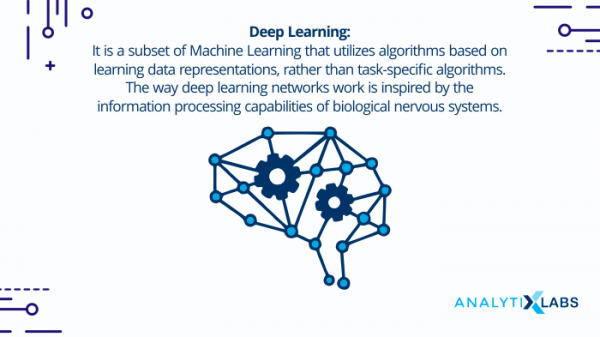
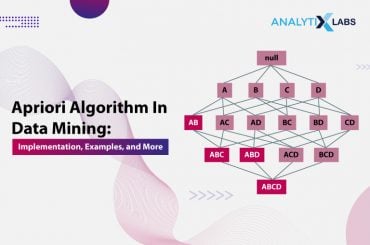
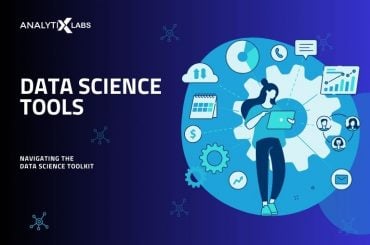
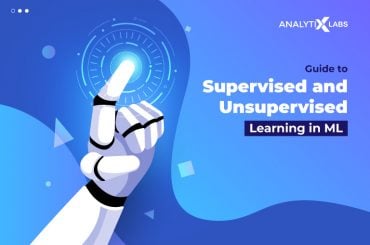
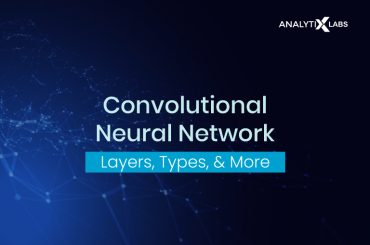



4 Comments
Thanks for this Information!!
I am learning machine learning from Noida. Machine learning has a vast scope In today’s world of the IT sector. This is a very helpful blog site. Please keep posting these blogs it will help in developing skills.
What a brilliant post!!
Really good post! 🙂 Keep posting.
Thanks for the super Content and More Machine Learning Training Data Science Training Provides to me
This is an awesome motivating article.I am practically satisfied with your great work.You put truly extremely supportive data. Keep it up. Continue blogging. Hoping to perusing your next post
The information you have posted is important. The objections you have insinuated were worthy. Thankful for sharing.